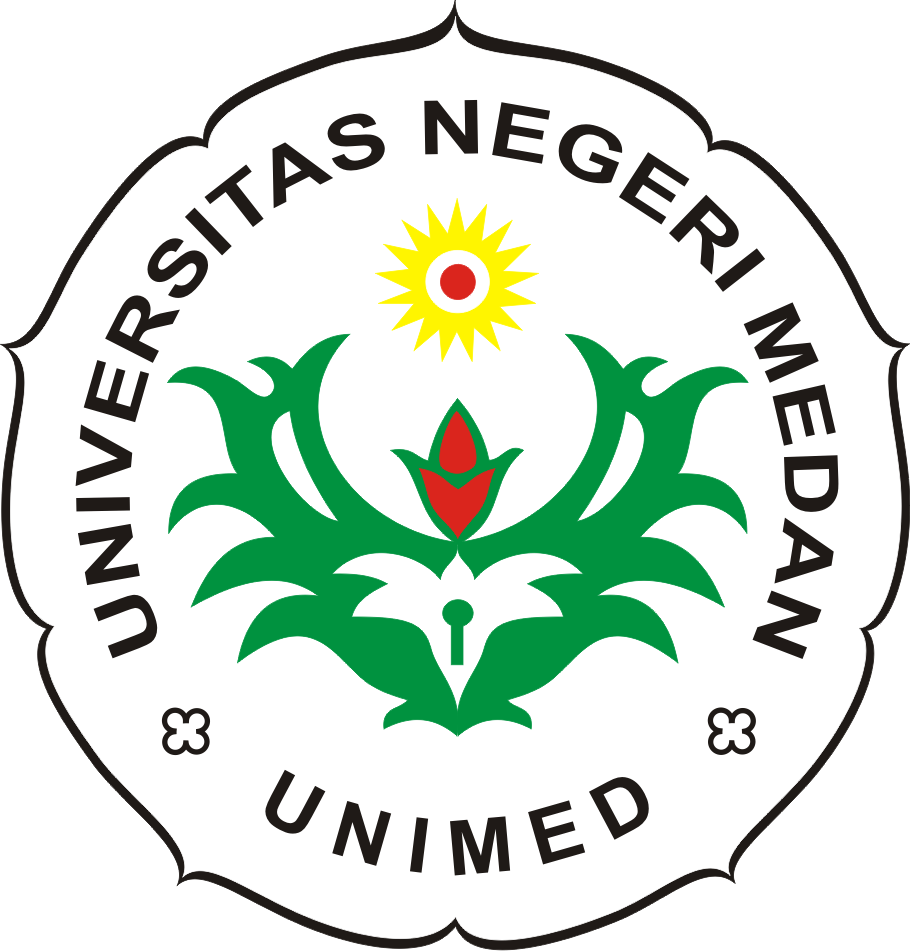PRONUNCIATION ERRORS IN SPEAKING PERFORMANCE OF GRADE 11 STUDENTS AT SMA NEGERI 20 MEDAN
DOI:
https://doi.org/10.24114/reg.v7i2.9202Abstract
In the process of learning English as a foreign language, many students make errors in pronouncing English words. This study aimed to identify kinds of pronunciation errors, specifically pronunciation errors on consonant and vowel sounds. And to find out the causes of error in English pronunciation of grade 11 students at SMA Negeri 20 Medan. The research was conducted by descriptive qualitative methods. In collecting data, firstly recording the pronunciation of students™ speaking performance. Then, transcribing their utterances which contains consonant and vowel sounds. Furthermore, the data are analyzed. Finally, the result of the analysis shows that the total of kinds of pronunciation errors are 40 data. Misformation is the most frequent errors were made by the students. It is the highest number which 23 data out of 40 or 57,5% of the percentage. Then, omission error which 8 data out of 40 or 20%. Addition error which 8 data out of 40 or 20%. And thelast kind of error is misordering. The data is 1 out of 40 or 2,5% of the percentage. This study also found the causes of students™ error according to interlingual and intralingual transfer.Downloads
Published
Issue
Section
License
Authors who publish with this journal agree with the following terms:
- Authors retain copyright and grant the journal right of first publication with the work simultaneously licensed under a Creative Commons Attribution License that allows others to share the work with an acknowledgment of the work's authorship and initial publication in this journal.
- Authors are able to enter into separate, additional contractual arrangements for the non-exclusive distribution of the journal's published version of the work (e.g., post it to an institutional repository or publish it in a book), with an acknowledgement of its initial publication in this journal.
- Authors are permitted and encouraged to post their work online (e.g., in institutional repositories or on their website) prior to and during the submission process, as it can lead to productive exchanges, as well as earlier and greater citation of published work (See The Effect of Open Access).
- This work is licensed under a Creative Commons Attribution-ShareAlike 4.0 International License.






